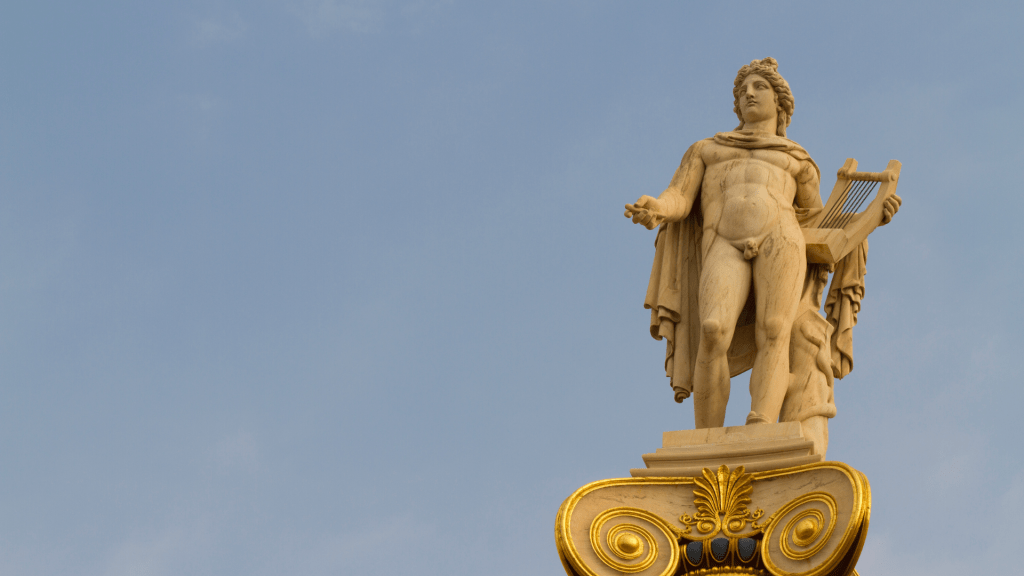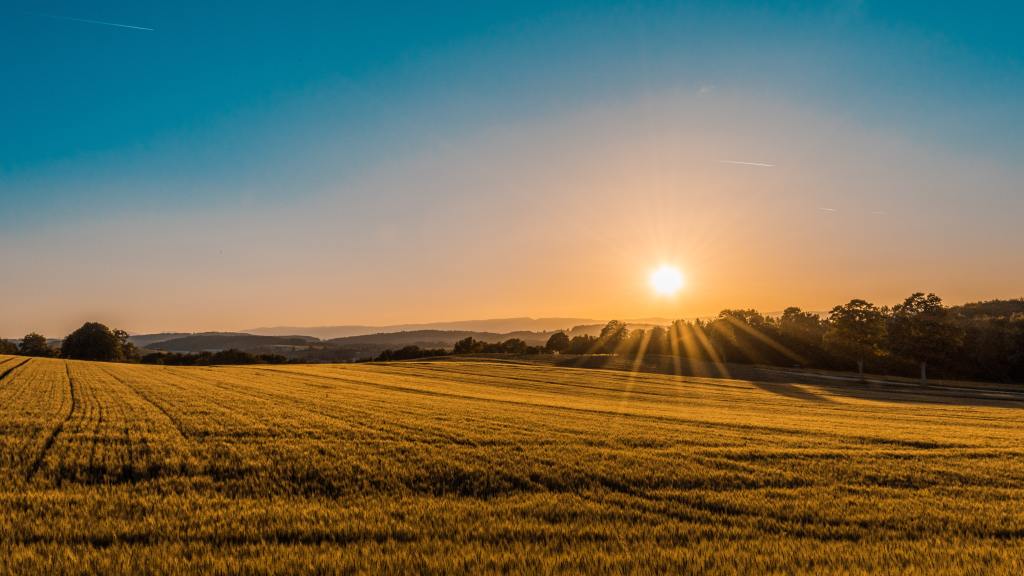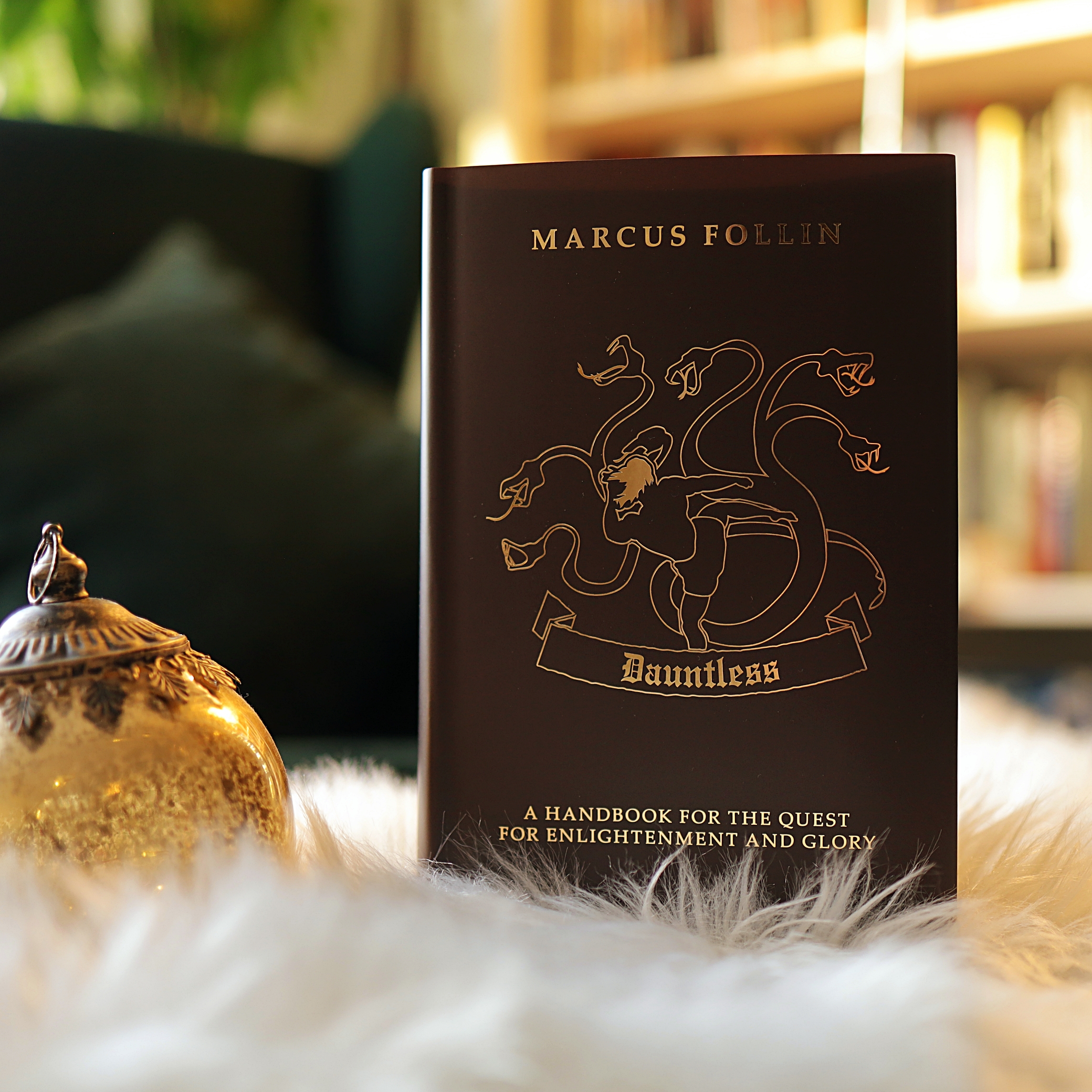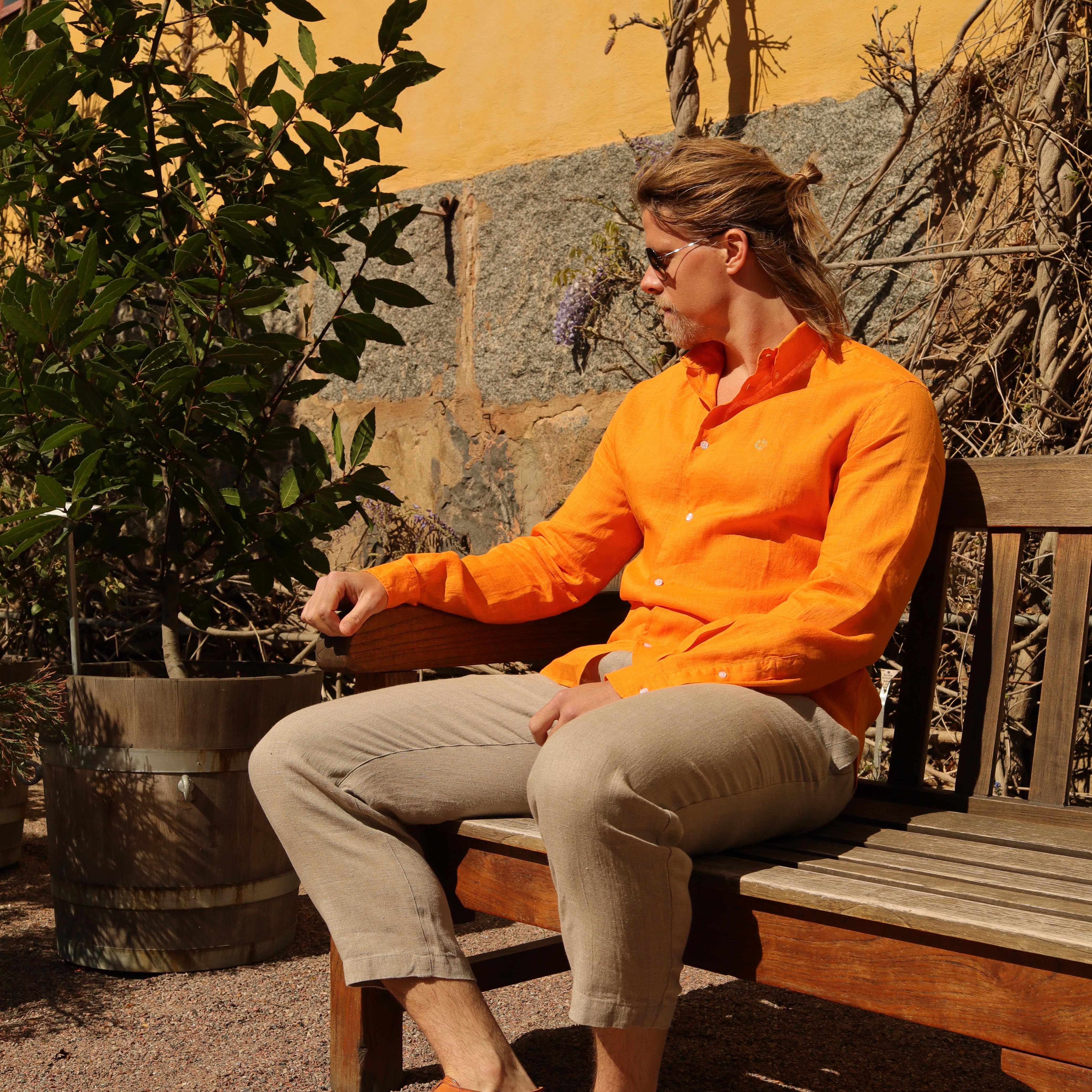Revolt Against the Modern World by Julius Evola

If you have not already read my review of Men Among the Ruins, I recommend that you do so before reading this article, as it contains a more general overview of Evola’s work.
I have read Julius Evola’s magnum opus – Revolt Against the Modern World. Many of the teachings in the book will be familiar for those who have read other works by Evola. If you have not read any of Evola’s books, I would recommend starting with Revolt Against the Modern World, as it gives a good overview of many of the topics which he deals with in more detail in other works.
I asked Modern Platonist, a fellow Evola appreciator, about his top-three Evola titles, and he responded thus: Revolt Against the Modern World, Pagan Imperialism, The Hermetic Tradition. I wrote a review of The Hermetic Tradition but have yet to read Pagan Imperialism. My own top-three titles (at the time of writing this at least) are Revolt Against the Modern World, Men Among the Ruins (review), The Mystery of the Grail (review). That being said, many of his other works contain valuable insights – for those interested in magic the Introduction to Magic books are recommended (review of part one, review of part two and three). Metaphysics of Power (review) is recommended for those interested in his social commentary. I will update this list as I read more of his books!
Below are some insights found in the book. Also, many of the insights found in Revolt Against the Modern World have been the subject of discussion in previous book reviews.
The Crisis of the Modern World
It is clear for anyone to see that something is profoundly wrong with modern society. There are aspects of modernity that are positive, but in order to diagnose the faulty parts, a thorough analysis is in order. Evola, as a critic of modernity, comes in handy in this regard (which is one reason that makes his books relevant today). In order to heal that damaged parts of our time, we need to understand the underlying causes.
This is, of course, a topic that is beyond the scope of this article, but a short summary of some of the issues that plague the modern world could be the following: rootlessness (no sense of belonging), nihilism and materialism (‘God is dead’ in Nietzsche’s words), no sense of purpose or order. A clear symptom of the disease is mindless killings – mass shootings, for example. The number of people on anti-depression medications is also telling.

Vocation and Caste
A good point Evola elaborates on is that of vocation and caste. In the days of old, a young man could find a certain safety and belonging in simply following in his father’s footsteps. The cobbler’s son grew up to become a cobbler. The farmer’s son to be a farmer. The merchant’s son to be a merchant. Perhaps this did not always leave much in the way of upward mobility, but at least it gave people a sense of belonging. Contrasted with today’s rootless society, where a young man is considered lucky to even have a father.
In regard to vocation, it could be said that there is a certain beauty and purity in not only having a profession, but having a vocation. Imagine the medieval blacksmith whose vocation it was to be a blacksmith – he could seek perfection within his trade. This is, of course, possible for some people today as well, which is good, but for many it may be hard to find such vocation – especially since no clear guidelines are given when growing up.
In regard to caste, it can be good to point out that being of a lower caste is not bad – what is bad is to be casteless (an outcast). Evola discusses caste at length in the book (and touches on the topic in other books as well).
In the chapter titled The Doctrine of the Castes, Evola includes the following insightful quote from Plato:
‘If we say that people of this sort ought to be subject to the highest type of man, we intend that the subject should be governed not to his own detriment but on the same principle as his superior, who is himself governed by the divine element within him. It is better for everyone to be subject to a power of godlike wisdom residing within himself, or failing that, imposed from without.’
Plato – Republic
This is a good quote to remember when pursuing excellence – be governed by the divine element within yourself!

The Golden One
To my great delight, I noted the following passage in the chapter titled Tradition and Antitradition, which I thought would be interesting to share:
‘In relation to the Aryan element, in India the attribute used for salvific deities and heroes is hari and harit, a term which means both “the golden one” (in relation to the primordial cycle: Apollo, Horus, etc.) and the “blond god.”’
Julius Evola – Revolt Against the Modern World. Page 245.
Note: I claimed the title of The Golden One in 2014 and not in relation to this passage by Evola. I will elaborate on this in my coming book.

Saint Bernard and Germanised Christianity
In the chapter titled The Greater and Lesser Holy War, the following beautiful quote appears:
‘Whether we live or die, we belong to the Lord. What a glory it is for you to emerge from the battle crowned with victory! But what a greater glory it is to win on the battlefield an immortal crown… What a truly blessed condition, when one can wait for death without any fear, yearning for it and welcoming it with a strong spirit!’
Saint Bernard – De laude novae militiae
This quote illustrates quite clearly the Germanisation of Christianity, something Evola discusses in several books. Many of the thoughts in the chapter are elaborated on in the book Metaphysics of War. I have not reviewed it, but I refer to it in Dauntless. In the quote above, it is clear that Saint Bernard is invoking a Pagan warrior-spirituality.

Overpopulation
In the chapter titled The Decline of Superior Races, Evola discusses the issue of overpopulation. The chapter begins thus:
‘The modern world is far from being threatened by the danger of underpopulation /…/ The truth is that we are facing an opposite danger: the constant and untrammeled increase of population in purely quantitative terms.’
Julius Evola – Revolt Against the Modern World. Page 167.
The topic is as relevant today as when Evola wrote the book. There is, of course, the issue of low European birth-rates. However, the focus must not be taken away from the real issue at hand – mass immigration into Europe from the Third World. When looking at humanity as a whole, it is hard to find a compelling argument as to why more humans would be desirable. A sound eco-system, clean rivers and oceans, a thriving wild-life; these are desirable – and an increasing human population stands in opposition to this.

Conclusion
As stated in above, Revolt Against the Modern World is Evola’s magnum opus, and makes for a great introduction and overview of his teachings. At 369 pages, it will take its time to read through but it is time well spent.














Pingback: Men Among the Ruins by Julius Evola — The Golden One | Vermont Folk Troth